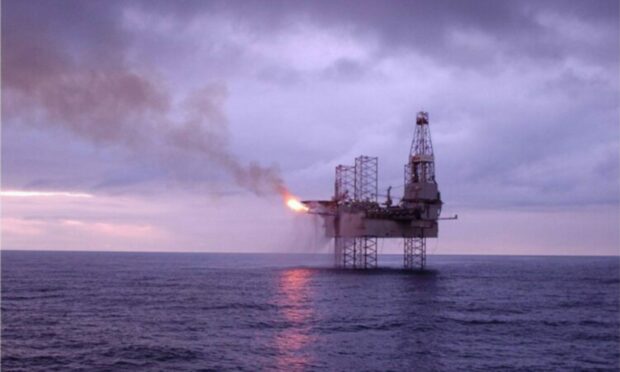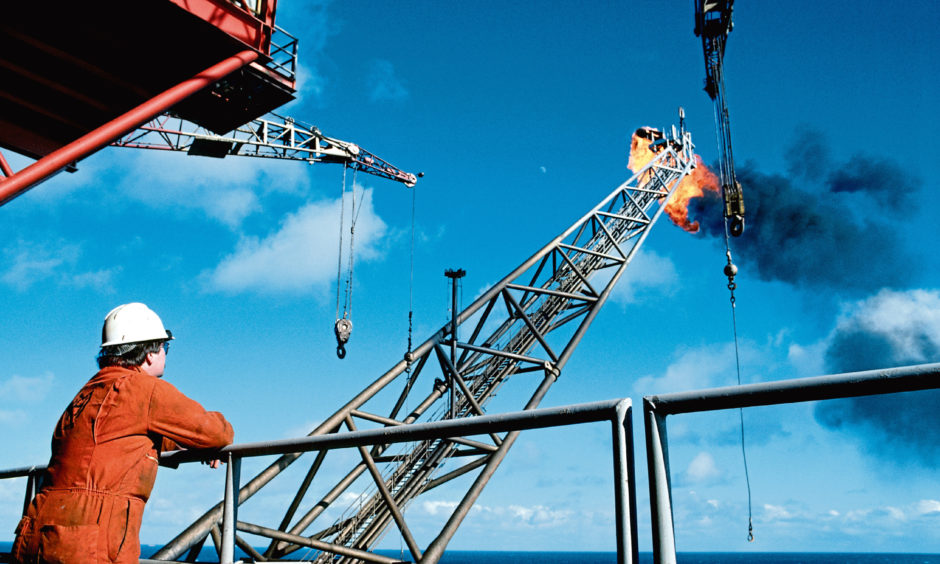North Sea drilling rig firms have written to hundreds of UK and Scottish politicians, warning of an “energy supply catastrophe” if investment decline in the sector is not stopped.
The International Association of Drilling Contractors (IADC) North Sea chapter has sent a letter to all 650 MPs and 129 MSPs urging them for “more vocal support of our oil and gas industry” ahead of the Spring Budget next week.
Among the key asks of parliamentarians is recognition that “stifling taxation” could “kill the golden goose” of North Sea investment, exacerbating the energy crisis for the public.
“More vocal support of our oil and gas industry from policymakers is required urgently to avoid an imminent economic and energy supply catastrophe on a national scale,” the IADC warned in the letter, urging politicians against “political point scoring.”
The group, which represents more than 800 drilling companies across the globe, including 14 key contractors in the UK, has already warned of a rig exodus for the North Sea, with drillers taking their vessels out of the region for more prospective regions with more secure fiscal regimes.
In the new letter the IADC said rigs could be “lost for good” due to issues such as the windfall tax, which has seen the headline rate increase to 75% for the industry.
Industry ‘vital’ for decommissioning oil wells
The group described drilling rigs as the “tip of the spear” for further oil and gas production and being “vital” for decommissioning hundreds of North Sea oil wells, as well as playing a “critical role in meeting net zero” through facilitating Carbon Capture Utilisation and Storage (CCUS).
“Reduction in the available fleet size will severely hamper all of the above,” the letter reads.
IADC North Sea chairman Darren Sutherland said: “This letter is not a case of drillers causing fear and alarm in order to protect self-interest.
“There is a real danger the UK will be left without the resources and talent to make the energy transition a reality; safely, swiftly and securely if we do not sit up and take notice now.”
Support the industry
Concerns were raised with the UK and Scottish Governments last month, prior to the IADC attending an All Party Parliamentary Group meeting at Westminster, which the body described as “encouraging.”
At the time, the UK Government said it was taking steps to support the industry and “boost homegrown energy supply” via support of the North Sea Transition Authority (NSTA) new licensing round for oil and gas.
It noted: “Our UK oil and gas sector is well-positioned to enable the production of low-carbon hydrogen at scale and roll out new carbon capture projects, investing in clean technologies, while protecting jobs and expertise.”
80% of Scotland’s future production will be met by existing fields”
Scottish Government
The Scottish Government, which has played a harder line on North Sea exploration, did not address the jobs concerns when asked last month.
At the time a spokesperson said research shows production by 2035 will be a third of the level it was in 2019 and that 80% of Scotland’s future production will be met by existing fields.
They said: “Reducing our energy consumption while ramping up our energy generation capabilities through renewables and hydrogen will mean that, in a net zero Scotland, we will not only be less reliant on importing oil and gas, but a net exporter of cleaner and greener energy to the rest of the UK and beyond.”
In the letter, the IADC asks for:
- A mature, pragmatic, joined up and long-term approach to our country’s energy provision
- A recognition of the impending energy crisis the public will face if we do not de-risk investment in the North Sea, but rather kill the golden goose by rhetoric and stifling taxation
- An orderly energy transition during a measured period with tangible goals
The Chancellor will deliver the Spring Budget on March 15.



Conversation